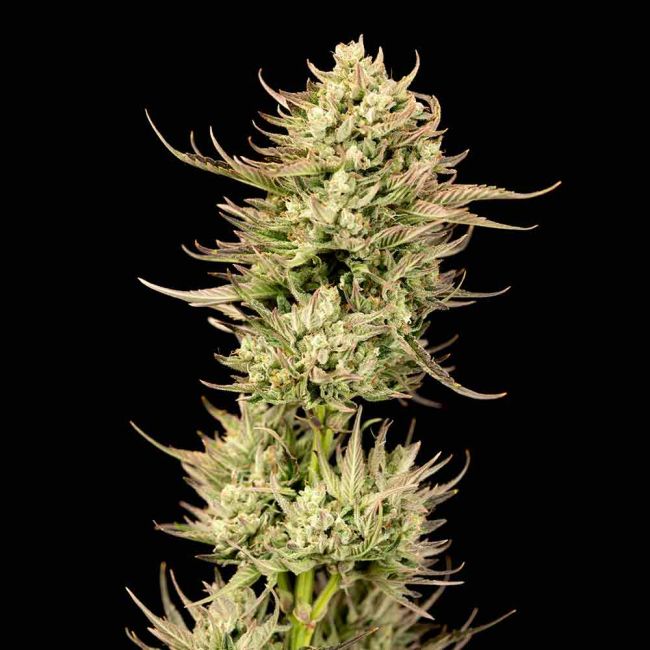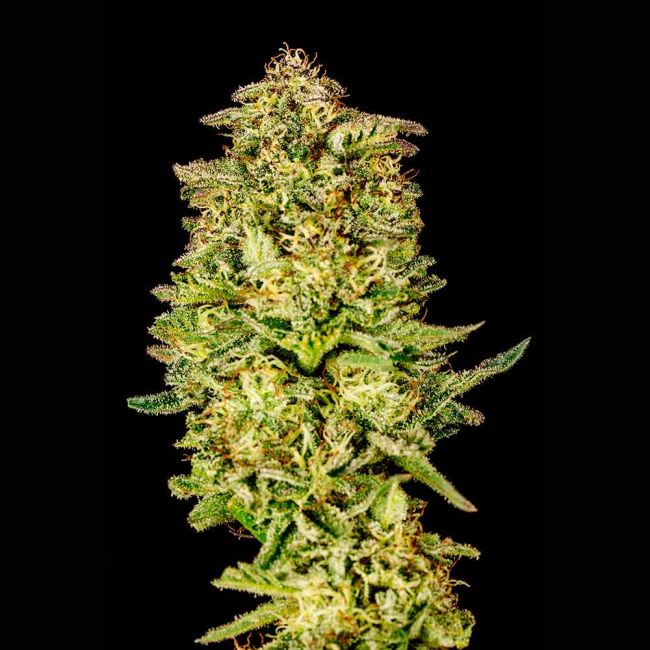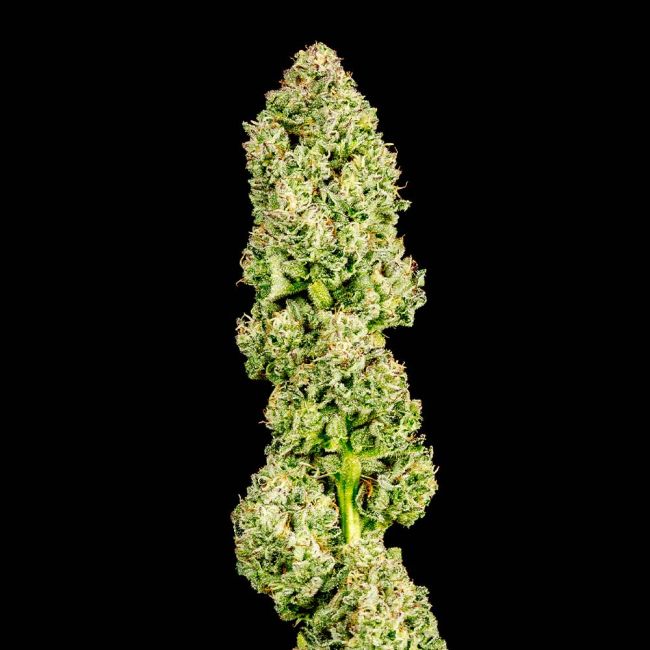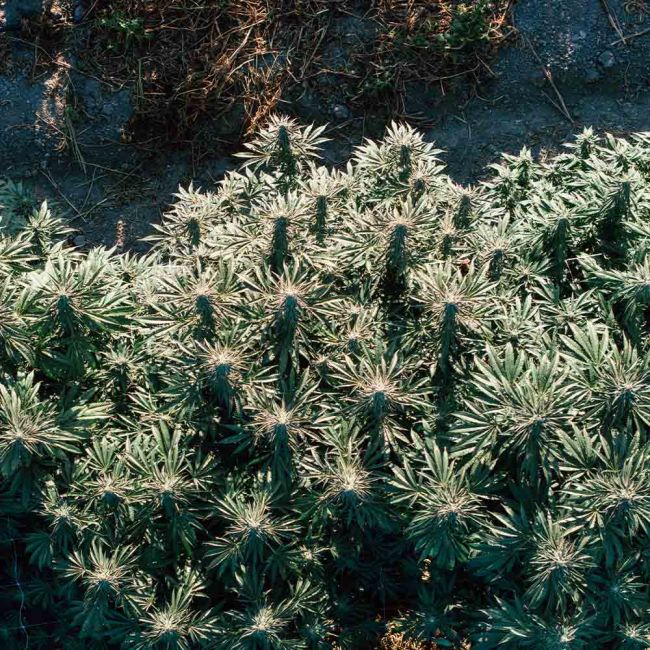Seedsman
Gorilla Jealousy F1
Gorilla Jealousy F1
Couldn't load pickup availability
| Parental lines | GG4 x Jealousy |
|---|---|
Variety |
Indica / Sativa Hybrid |
Colour |
Green | Light Green |
Flowering type |
Photoperiod |
Sex |
Feminised |
THC content |
High (16-24%) |
CBD content |
Low (0-1%) |
Yield outdoor |
High (450-750gr/plant) |
Yield indoor |
High (450-600gr/m2) |
Plant height |
Tall (>200cm) |
Photoperiod flowering time |
9 to 11 weeks |
Northern hemisphere harvest |
October |
Southern hemisphere harvest |
April |
Suitable climates |
Dry | Hot | Humid | Warm |
Generational type |
F1 |
Odour |
High |
Mould resistance |
High |
Bud density (1=loose & leafy, 5=ultra dense) |
4 |
Good for extracts |
High |
Aroma |
Earthy | Piney | Skunky |
Gorilla Jealousy F1 has parentage of Gorilla Glue and Jealousy. The former is well-known by now, the latter is a cross of Gelato 41 and Sherbet bred by Cali's Seed Junky. Growers can expect a good harvest of top quality bud with loadss of flavour that is ideal for making extracts.
Gorilla Jealousy F1 plants have high resistance, growing more than 200cm. tall outdoors where they thrive in hot, warm, dry or humid climates. Its high resistance to mould explains its ability to withstand high levels of humidity. Taking longer to flower than average, Gorilla Jealousy F1 will need between 9 - 11 weeks indoors; outdoors harvest time is either during October, in northern latitudes, or April in the southern hemisphere. The mature buds are green and light green, and provide prime extract material for concentrates.
The terps. are richly-flavoured with earthy, funky fuel and some Skunk and pine notes. THC levels are up at around 24% or even higher. The effect is potent and well-balanced.
What are F1 Cannabis Strains?
F1 cannabis seeds or plants are the first generation offspring of two parent plants. F1 hybrid seeds or strains are the first generation
offspring of two pure, distinct strains. Note that using two pure lines, the result of intensive inbreeding, is drastically different to simple cross-breeding.
F1 plants have been used for decades throughout the agricultural industry because they offer several advantages; hybrid vigour allows plants to grow bigger more quickly. Plants are more uniform, stable and offer greater resistance to plant pests and diseases. Yields are much higher too, an important consideration.
However, it should be noted that it is not recommended to allow F1 plants to breed for seed crops as the resulting F2 plants will be much less uniform, being less stable and having greater genetic variability. New F1 seeds will need to be purchased or a lengthy and complex F1 breeding project carried out to produce more seedstock.
Share








